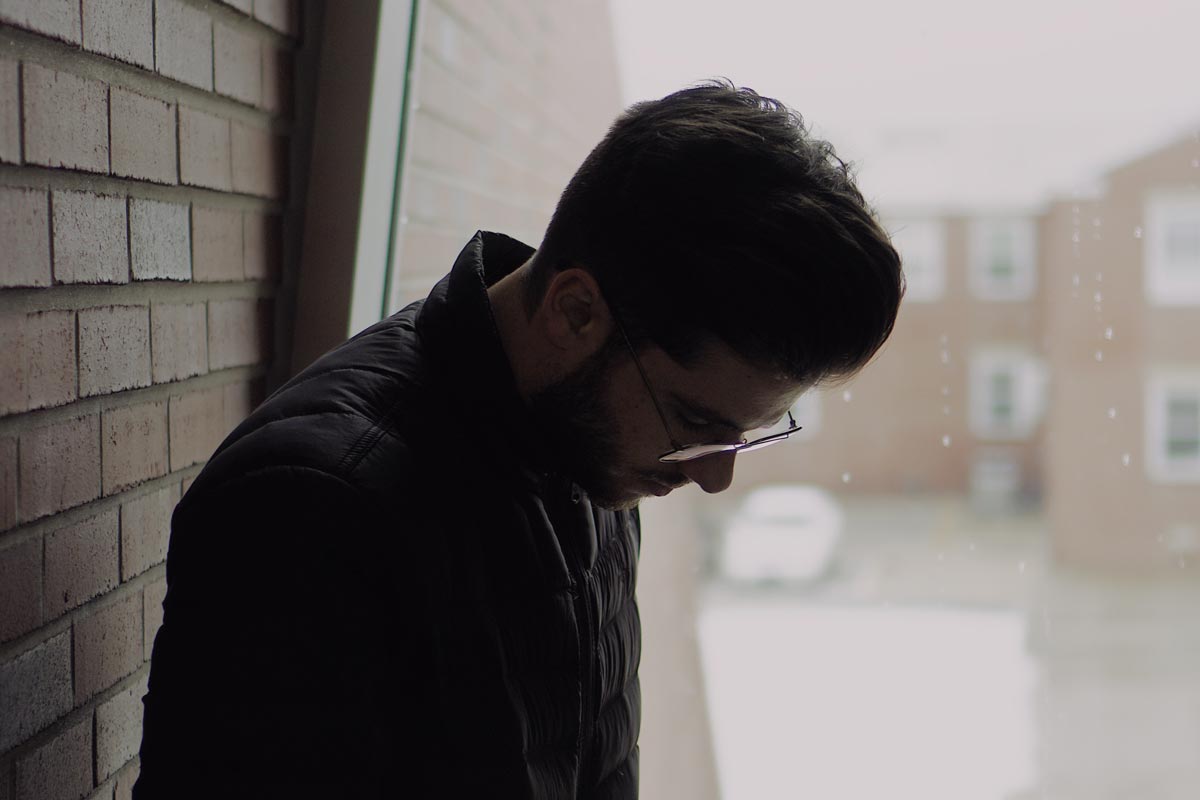Suggestions for improving yourself come from all quarters this time of year. There is a resolution list for every kind of self-improvement: getting in shape, improving your love life, sticking to recovery, and the list goes on. Each New Year’s Day, resolutions are optimistically made and two weeks later they are abandoned or forgotten.
Why Make a Resolution?
The Christmas and New Year holidays provide a perfect opportunity to start over. Because they are close together, they act as a “timeout” from ordinary life. This is a good time to reflect on what has not been right with your life and look to making it better in the future. You may have had more time off work, and maybe you reconnected with friends or family. You may have been touched by someone’s kindness, or moved by someone’s need. The songs and stories of the holidays paint a picture of a better world and better people, and you want to be one of them.
How Do You Stick with Your Resolution?
Once the holidays are over, the hurry and stress of everyday life begin again. Those New Year resolutions quickly take a back seat to more immediate concerns. Keep these tips in mind, and next year, you may be able to look back and say, “I did it. I kept my resolution.”
- Make your resolution something concrete and achievable like “I will walk from 5:00 to 5:30 on MWF.
- Keep a diary or resolution journal to help you focus on your goal and adjust for things that get you off track. If you didn’t walk on Friday, take a hike on Saturday and note it in your journal.
- Acknowledge your “try,” not your shortcomings. Give yourself a mental pat on the back each time you stick with your plan.
- Play the long game. Your goal is improvement, not perfection!
Helping You Achieve Your Goal
Are you a man 18 or older who has resolved to get sober this year? 10 Acre Ranch has the treatment and support to help you make it happen. Call 877-228-4679 to verify insurance coverage and start the enrollment process, or to speak with a member of our team about your sobriety goals.



